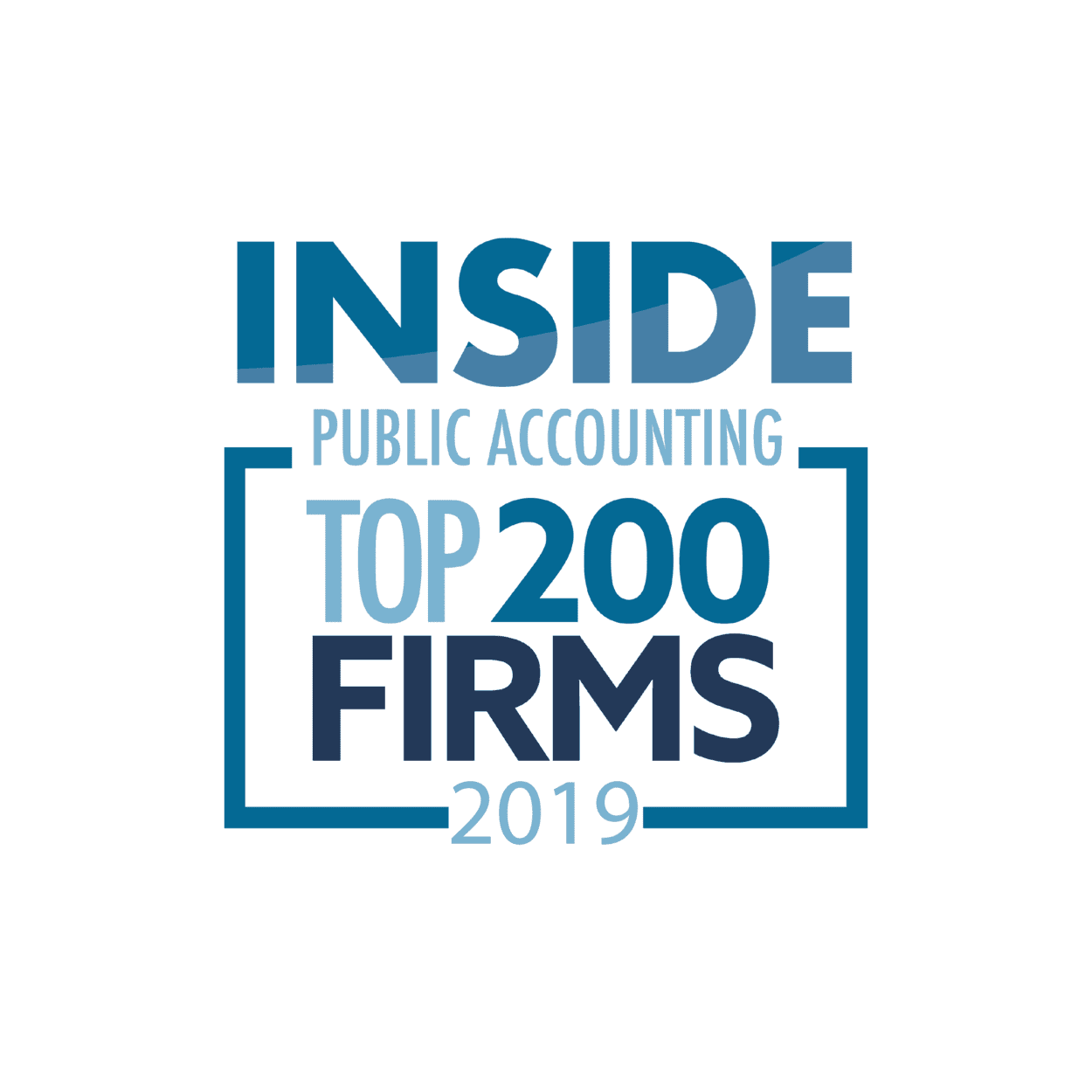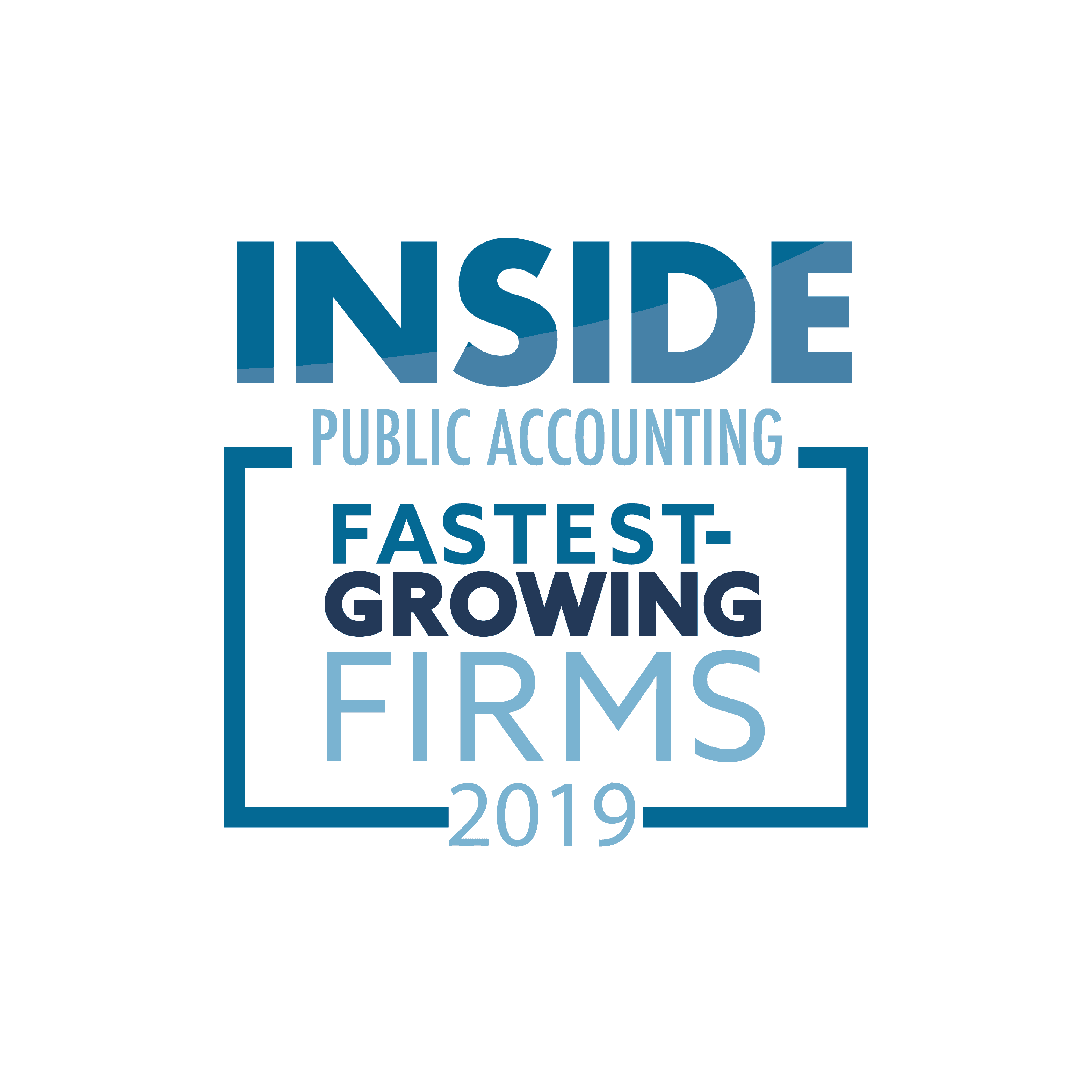Last week, on June 5, 2020, the Paycheck Protection Program (PPP) Flexibility Act of 2020 was signed into law. Among its many changes to the PPP, the Act decreased what has become known as the “75% payroll cost rule” to 60%. Prior to the passage of the PPP Flexibility Act, it was clear that the 75% payroll cost rule was a cap on your total PPP loan forgiveness, and that cap was calculated by simply dividing your total payroll costs by 0.75. For example, if your payroll costs were $150,000, your 75% rule cap would be $200,000 ($150,000 payroll costs/0.75). In that scenario, if your PPP loan amount was $230,000, you would receive partial forgiveness up to $200,000, which would include your $150,000 of payroll costs and $50,000 of qualifying non-payroll costs (rent, utilities and interest).
PPP Flexibility Act
The PPP Flexibility Act lowered the payroll cost threshold to 60%, but seemingly with a catch. Rather than a cap, the language was written so that you would receive no PPP loan forgiveness unless you spent at least 60% of your total PPP funding on payroll costs. So, using the same example as above, if your PPP loan funding was $230,000, under the PPP Flexibility Act as written, you would need to spend at least $138,000 ($230,000 x 60%) on payroll costs to be eligible for any forgiveness at all.
Yesterday, June 8, 2020, the SBA clarified that despite the language in the PPP Flexibility Act, borrowers will continue to be eligible for partial loan forgiveness. So, the 60% payroll cost rule is back to being a cap. Using the same example as above, under the new 60% rule, your cap would be $250,000 ($150,000 payroll costs/0.60). Therefore, if you received $230,000 and used $150,000 on payroll costs, as long as you had $80,000 of qualifying non-payroll expenses, you should receive full forgiveness.
Lastly, following the same example, let’s say you spent $120,000 on payroll costs. Your 60% rule cap would be $200,000 ($120,000 payroll costs/0.60). If you had $80,000 of non-payroll costs, you should receive $200,000 of PPP loan forgiveness and have $30,000 ($230,000 PPP loan less $200,000 loan forgiveness) as an unforgiven PPP loan, repayable over 5 years at 1% interest.
If you need assistance in applying the latest guidance to your PPP loan or calculating your loan forgiveness amount, the Moore Colson team is available to help. To learn more, visit the COVID-19 Business Services section of our website or contact us. Also, be sure to subscribe here to get our news and alerts as they are released as we are committed to keeping you updated on how to navigate financial challenges associated with the COVID-19 pandemic.
Bert Mills, CPA, is the Managing Partner at Moore Colson. In his role, Bert sets the vision and mission of the Firm and works closely with the Firm’s leadership to drive and implement strategies.
Chris Arnone, CPA, is a Partner and Business Assurance Practice Leader at Moore Colson. Chris has over 20 years of experience providing audit, accounting and consulting services for companies in the transportation, manufacturing, distribution, staffing, private equity and venture capital industries.
Andy Starnes, CPA, is a Partner and Tax Services Practice Leader Moore Colson. Andy’s specialties include corporate tax compliance and planning, business consulting and multi-generational planning with a focus on the construction, professional services and staffing industries.









0 Comments